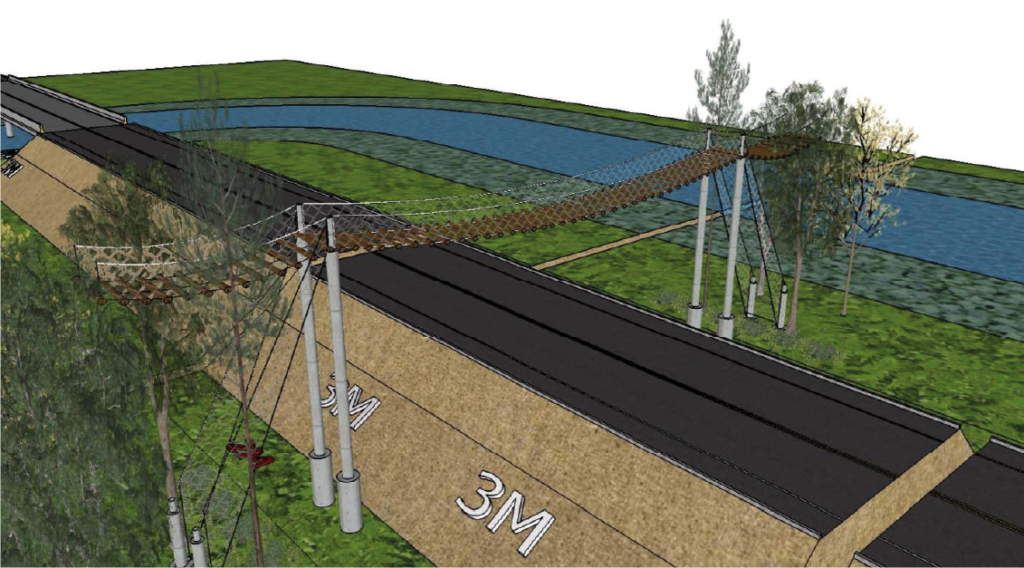The long-stalled Highway BR-319, an 885-kilometer artery intended to link Manaus and Porto Velho in Brazil’s Amazon Rainforest, is poised for a controversial revival. This infrastructure project, initially inaugurated in 1976 but largely left unpaved and in disrepair, is now at the center of an intense national debate, pitting economic development against critical environmental preservation.
Local political leaders have consistently advocated for the highway’s full paving, asserting its importance in connecting the state of Amazonas to the rest of Brazil and reducing travel times that currently can extend up to six days via river. Conversely, environmental organizations and experts are issuing stark warnings, contending that rebuilding BR-319, which traverses one of the Amazon’s most ecologically pristine areas, will inevitably trigger widespread deforestation. Such an outcome, they caution, could push the Amazon rainforest past its ecological “tipping point,” leading to irreversible degradation and potentially transforming vast swathes into savanna.
Marcos Woortmann, Adjunct Director at the Democracy and Sustainability Institute, emphasized the gravity of the situation, stating, “BR-319 is the first domino in a chain of effects that will affect not only all regions and populations of Brazil, but also the biomes and populations of all of South America and, ultimately, the entire planet.” This sentiment is echoed by a technical brief from Brazil’s environmental ministry in 2024, which projected that the additional deforestation resulting from the highway’s reconstruction would release billions of tons of CO2, jeopardizing Brazil’s ability to meet its climate commitments under the Paris Agreement.

Despite previous right-wing administrations’ inability to advance the project, the current left-leaning government of President Luiz Inácio Lula da Silva has pledged to rebuild the road. This commitment follows the Brazilian Senate’s approval in May of a bill designed to ease environmental licensing regulations, a reform that could significantly accelerate “strategic” infrastructure projects such as BR-319. The bill, widely expected to pass in the lower chamber, has raised alarms among environmentalists who fear it will dismantle existing protective mechanisms.












